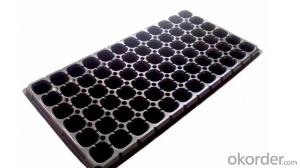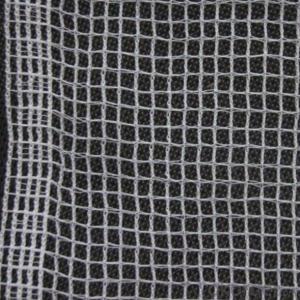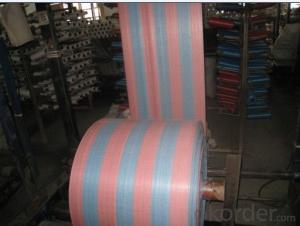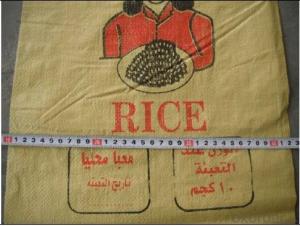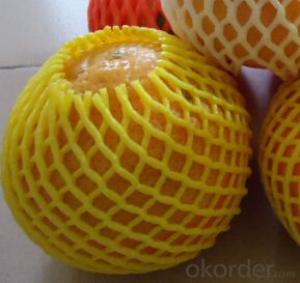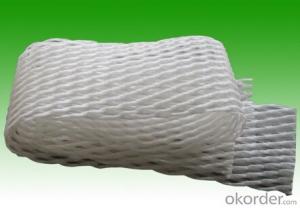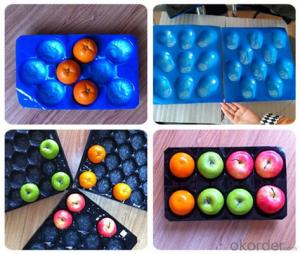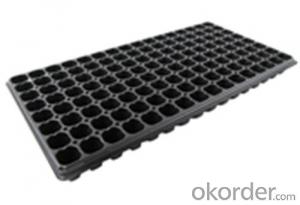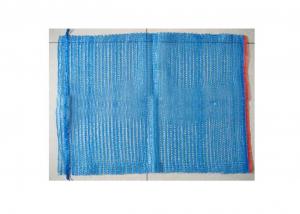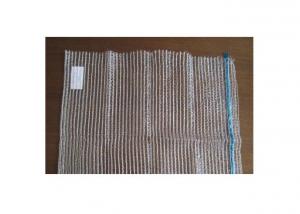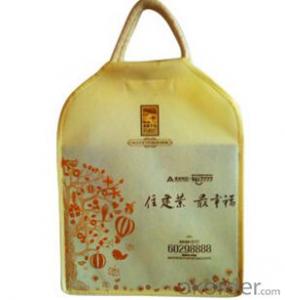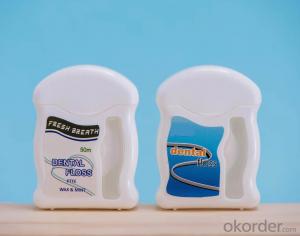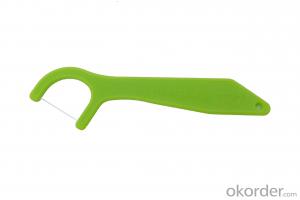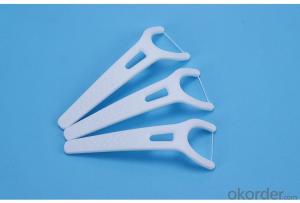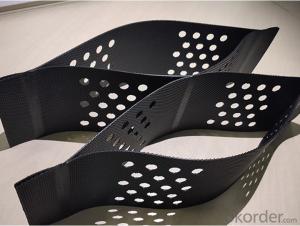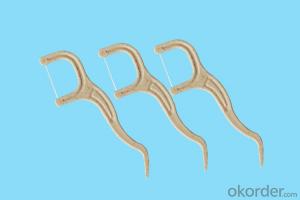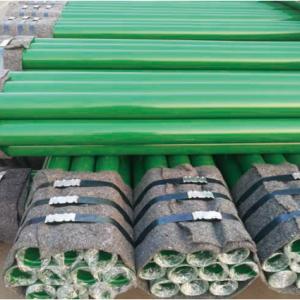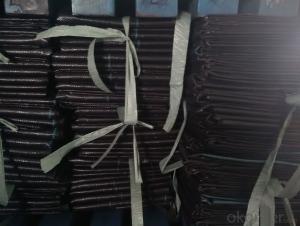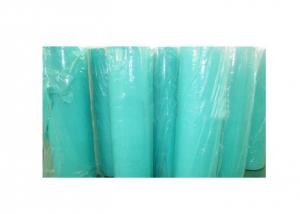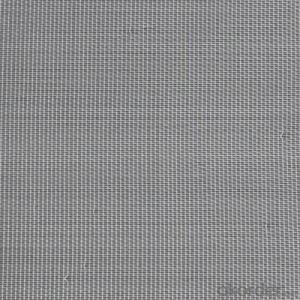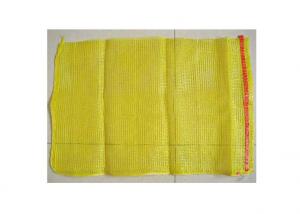Seed Tray Greenhouse Usage Plug Trays HIPS Made Plastic (Growing and Seedling)
- Loading Port:
- China main port
- Payment Terms:
- TT OR LC
- Min Order Qty:
- 3000 pc
- Supply Capability:
- 50000 pc/month
OKorder Service Pledge
OKorder Financial Service
You Might Also Like
Brief Introduction to CNBM:
CNBM International Corporation (CNBM International) is the most important trading platform of CNBM Group Corporation, a state-owned company under the direct supervision of State-owned Assets Supervision and Administration Commission of the State Council.
CNBM International is highly recognized by its business partners and clients all over the world and has obtained rapid development under the spirit of win-win. We will carry on the mutual beneficial, innovative and revolutionary trading structure as we did before, create value for our employees, share holders and clients and benefit the whole society in our future development.
Features of Plug Trays (Growing and Seedling) HIPS Made Plastic Plug Tray for Greenhouse:
· Material: HIPS
· Thickness: 0.5mm-1.5mm, Standard:1mm
· Weight: 80g(±5)g-230g(±5)g, Standard weight:155g(±5)g
· Size: length:490mm-540mm, width:190mm-345mm,depth:25mm-150mm
· Standard:540mmX280mm
· Cell count: 18-512
· Package: In Carton
· Warrenty: 8-10 times
Picture:
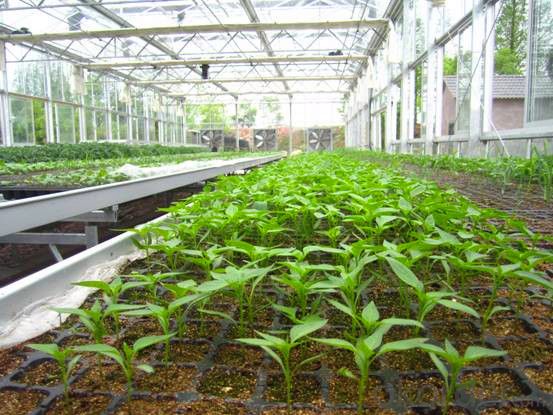
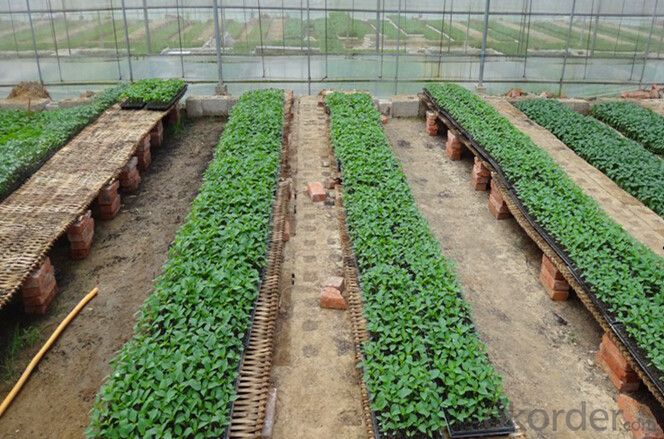
Specification of Plug Trays (Growing and Seedling) HIPS Made Plastic Plug Tray for Greenhouse:
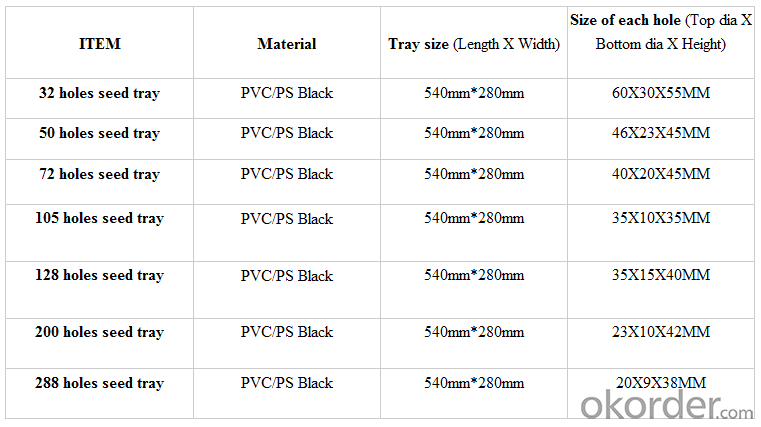
FAQ of Plug Trays (Growing and Seedling) HIPS Made Plastic Plug Tray for Greenhouse:
Q:1.How many times can the seed tray be used?
A: Under the same environment, it is decided by the thickness. Usually 0.6mm thickness can be used for 1 or 2 times.
1.0 thickness can be used for 3-4 times. 1.5 thickness can be used for 8-10 times.
Q: 2.How long is the production time?
A: Usually one to two weeks.
Q: 3.How is the seed tray being packaged?
A: They can be packaged in carton or pallets. Carton size is 1375px*725px*1250px.
- Q:Can ground cover be used to attract butterflies?
- Yes, ground cover can be used to attract butterflies. Certain types of ground cover such as clover, thyme, or wildflowers provide food sources and shelter for butterflies, attracting them to your garden or outdoor space. These plants also offer nectar-rich flowers for adult butterflies to feed on, making them an ideal choice for attracting these beautiful pollinators.
- Q:Are there nursery trays with built-in labels for easy plant identification?
- Yes, there are nursery trays available with built-in labels for easy plant identification. These trays typically have small slots or spaces where plant labels can be inserted or attached, making it convenient to identify and keep track of different plants in a nursery setting.
- Q:How do agricultural plastic products assist with irrigation?
- Agricultural plastic products assist with irrigation by providing efficient water management solutions. They are used to create irrigation channels, pipes, and hoses that deliver water directly to the plants' root systems. These products help in reducing water wastage, preventing soil erosion, and ensuring the proper distribution of water to crops, resulting in improved crop yields and water conservation.
- Q:Are nursery trays suitable for water lilies?
- No, nursery trays are not suitable for water lilies as they typically require larger containers or ponds with the proper depth and space for their roots to grow and spread.
- Q:what precautions do you need to take when you are disposing of plastic?
- Look for a number in a little triangle on the plastic item which will advise you if it can be recycled or not. Unfortunately not all plastics can be recycled and some have to be put in the garbage. But if you have a recycling bin like we do, the local council (what's your equivalent in the US?) will tell you what can go in it, what can't, and what can go to other collection centres and where they are. We are having plastic shopping bags banned in supermarkets from next month which is excellent, I have been taking my own bags for shopping for years. I think you have paper bags in the US supermarkets - they can be recycled? but it's better to take your own and keep reusing them. Edit Just a thought: If you were thinking about danger, then my concern would be that children shouldn't have plastic bags they could suffocate in, and that some plastics give off toxic fumes if burnt.
- Q:Do nursery trays come with lids?
- Yes, nursery trays typically come with lids to create a controlled environment for seedlings and young plants.
- Q:Can ground cover be used to create a natural mulch?
- Yes, ground cover can be used to create a natural mulch. Ground cover plants such as clover, creeping thyme, or violets can provide a protective layer over the soil, preventing weed growth, conserving moisture, and adding organic matter as they decompose. This natural mulch helps to improve soil health, regulate temperature, and reduce erosion, making it an environmentally friendly option for gardeners.
- Q:What are the benefits of using plastic flower pots in horticulture?
- Plastic flower pots offer several benefits in horticulture. Firstly, they are lightweight and easy to handle, making them convenient for moving and rearranging plants. They are also durable and long-lasting, as they do not break or chip easily like clay pots. Plastic pots also have better insulation properties, helping to regulate soil temperature and prevent root damage. Moreover, their non-porous surface reduces water loss through evaporation and provides better moisture retention for plant roots. Lastly, plastic pots are affordable and available in various sizes and designs, offering flexibility and options for different plant types and gardening needs.
- Q:Are there any certification programs for agricultural plastic products?
- Yes, there are certification programs available for agricultural plastic products. These programs aim to ensure that the products meet certain standards and criteria related to their quality, safety, and environmental impact. Some well-known certification programs in this field include the Agricultural Plastics Recycling and Certification Program (APRCP) and the Agricultural Plastics Certification Program (APCP). These programs help customers and stakeholders identify certified agricultural plastic products that have undergone rigorous testing and adhere to industry standards.
- Q:How are plastic pesticide containers safely disposed of?
- Plastic pesticide containers are safely disposed of by following specific guidelines. The containers should be thoroughly rinsed with water to remove any pesticide residue. The rinsed containers can then be punctured or crushed to prevent reuse and ensure they are non-hazardous. These treated containers can be either recycled or disposed of in accordance with local regulations, such as taking them to designated collection centers or hazardous waste facilities. It is important to always refer to the instructions provided by the manufacturer and follow any specific disposal recommendations.
1. Manufacturer Overview |
|
|---|---|
| Location | |
| Year Established | |
| Annual Output Value | |
| Main Markets | |
| Company Certifications | |
2. Manufacturer Certificates |
|
|---|---|
| a) Certification Name | |
| Range | |
| Reference | |
| Validity Period | |
3. Manufacturer Capability |
|
|---|---|
| a)Trade Capacity | |
| Nearest Port | |
| Export Percentage | |
| No.of Employees in Trade Department | |
| Language Spoken: | |
| b)Factory Information | |
| Factory Size: | |
| No. of Production Lines | |
| Contract Manufacturing | |
| Product Price Range | |
Send your message to us
Seed Tray Greenhouse Usage Plug Trays HIPS Made Plastic (Growing and Seedling)
- Loading Port:
- China main port
- Payment Terms:
- TT OR LC
- Min Order Qty:
- 3000 pc
- Supply Capability:
- 50000 pc/month
OKorder Service Pledge
OKorder Financial Service
Similar products
New products
Hot products
Hot Searches
Related keywords
